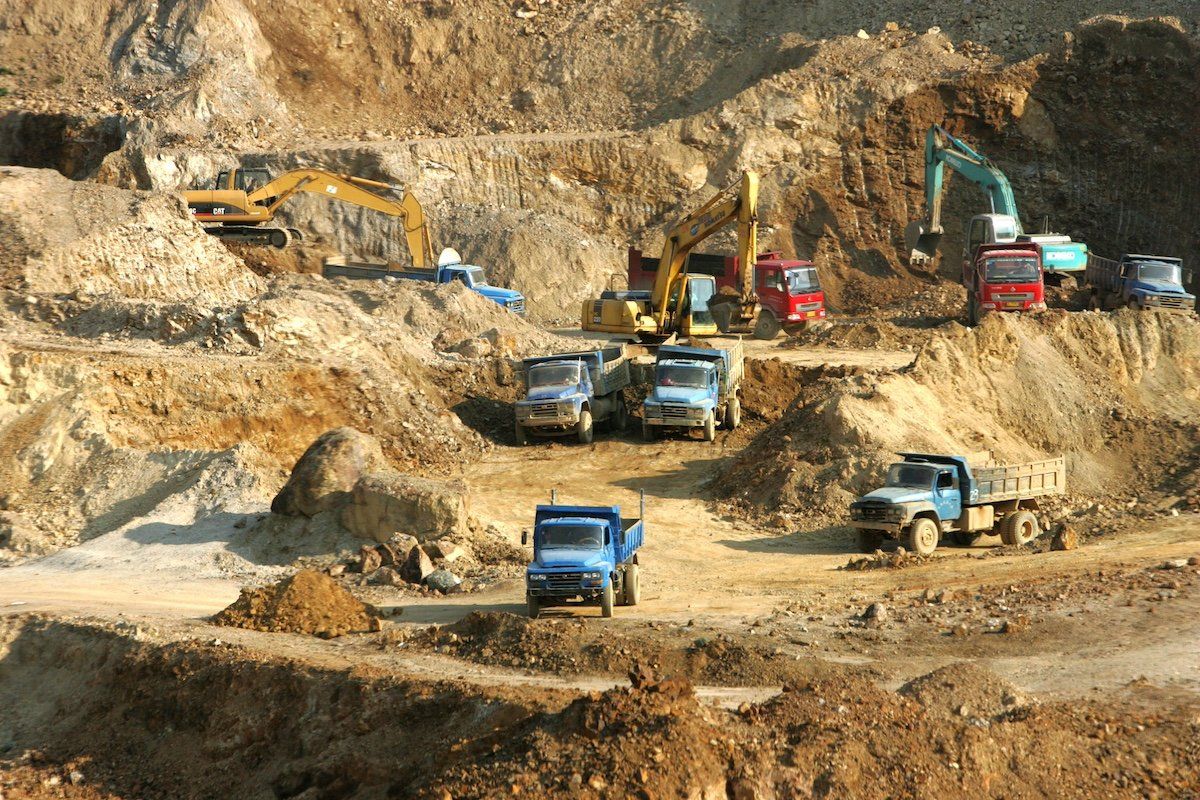A Chinese company is buying from and investing in a rare earth mining project in Canada’s Northwest Territories, which is sure to raise eyebrows both north and south of the border. The Nechalacho Mine was ranked in 2023’s top 10 rare earth mining projects by mining.com and is described as a cornerstone of North America’s critical minerals industry. But now, Vital Metals, an Australian company that owns the Nechalacho mine, located east of Yellowknife, has revealed that China-based Shenghe Resources has acquired a 9.9% stake in the company for AU$5.9 million. Shenghe will also purchase Nechalacho's stockpiled rare earth material for AU$2.6 million.
Currently, China has a lock on production of 60% of the world’s rare earth supply. The Biden administration is keen to break that dominance and is even offering cash to Canadian firms to do so. The hopes were that Nechalacho would curb Canada's dependence on China for these materials, key to the development of low-carbon tech. Earlier this year, Canadian PM Justin Trudeau toured the Saskatoon processing plant that was to receive Nechalacho’s production, touting the federal government‘s investment of CA$5 million in the facility.
A few months later, however, Vital Metals paused construction and then abandoned the plant, placing the Canadian subsidiary that had been building it into bankruptcy. The infusion of capital from Shenghe was seen by some local politicians as a way to save the project, but others saw it as “a betrayal.”
A number of Canadian federal MPs appear to agree: Last Thursday, members of the House of Commons Standing Committee on Industry and Technology passed a motion by six votes to five urging Industry Minister François-Philippe Champagne to review the Shenghe transaction and intervene under the Investment Canada Act, which allows for national security reviews of foreign investments in Canada.
When asked about the status of the review, an Industry Department spokesperson said the Canadian government is aware of the "proposed transaction" but that confidentiality provisions under the Investment Canada Act preclude it from commenting on reviews. He added however that, "The government has not hesitated and will not hesitate to take action on transactions that would be injurious to Canada's national security."
